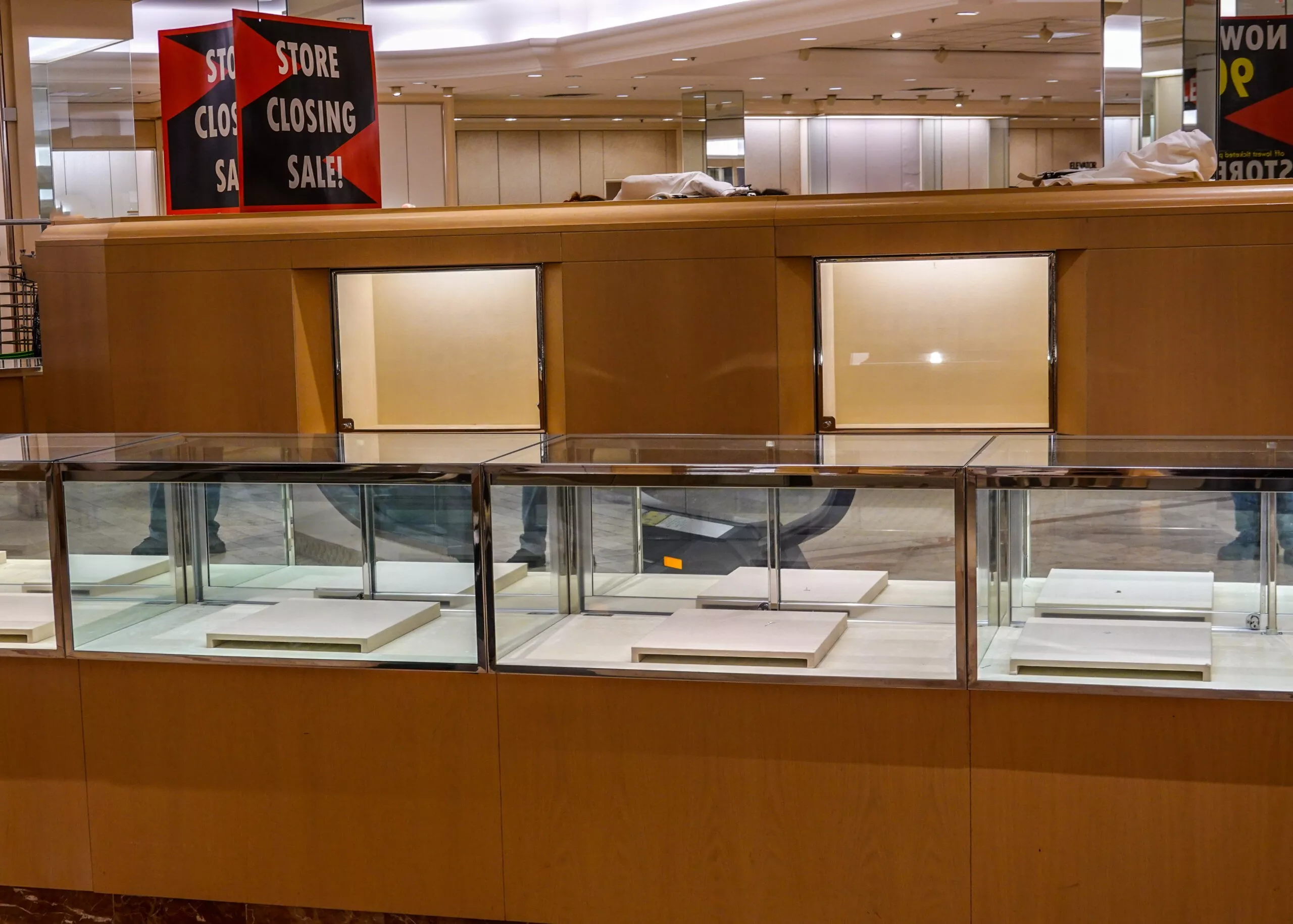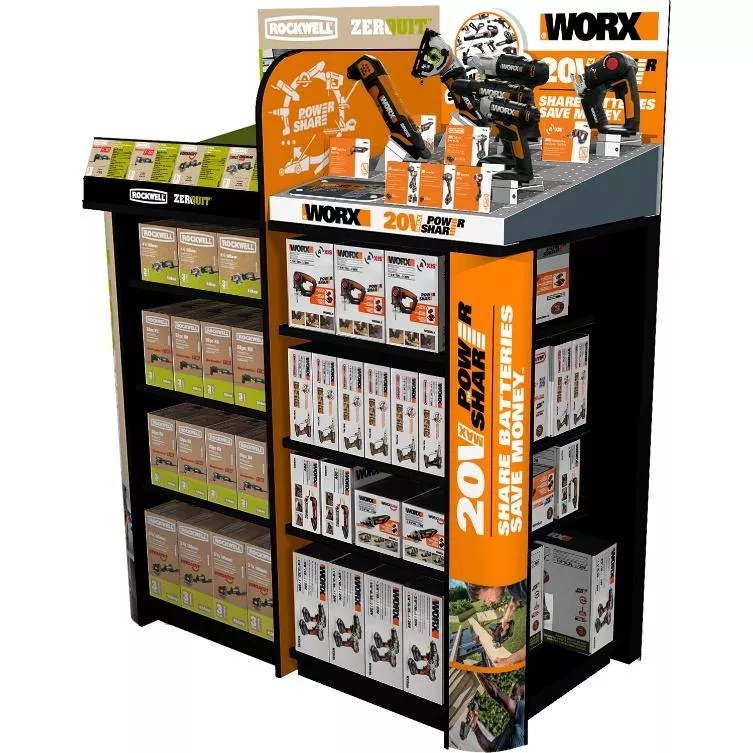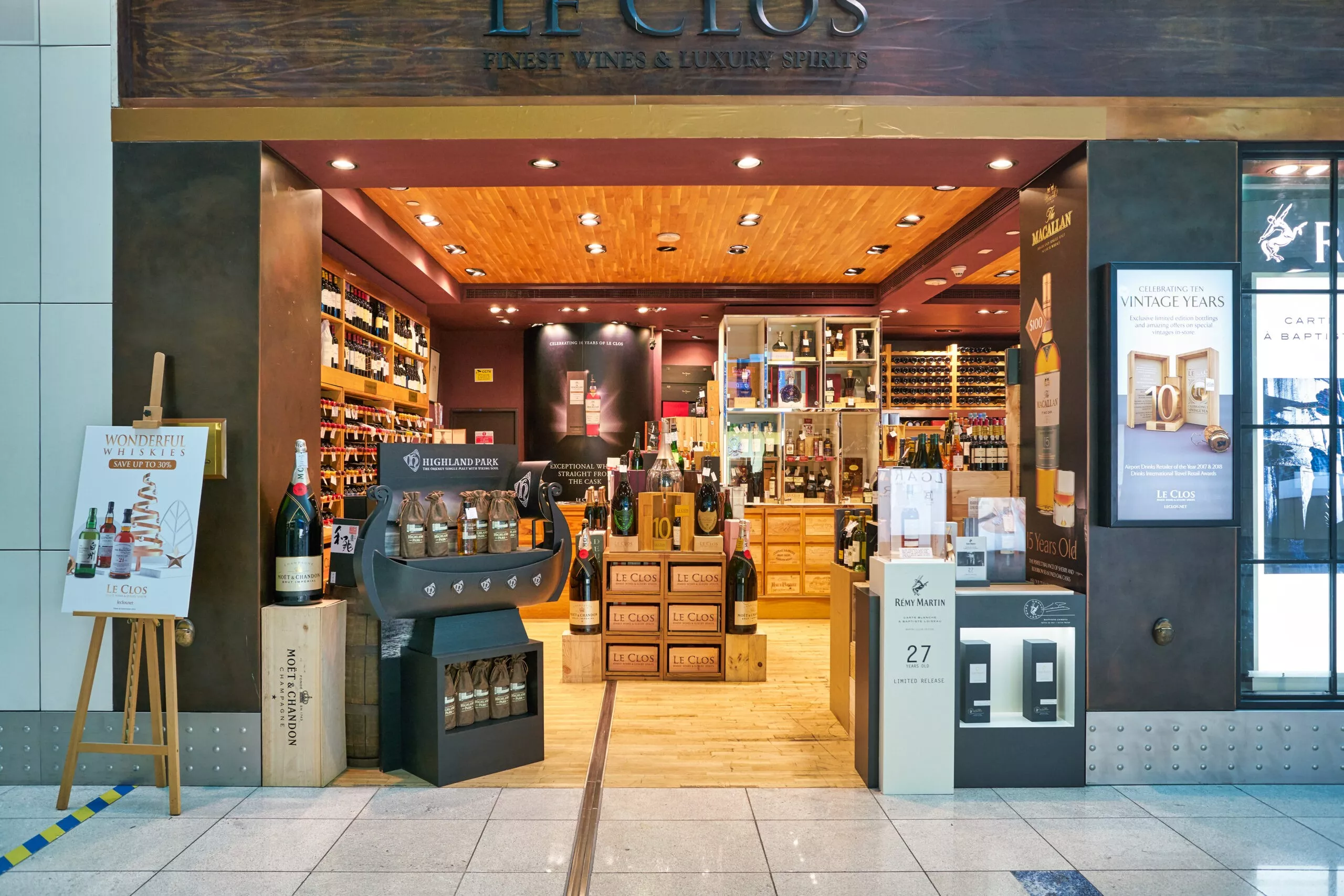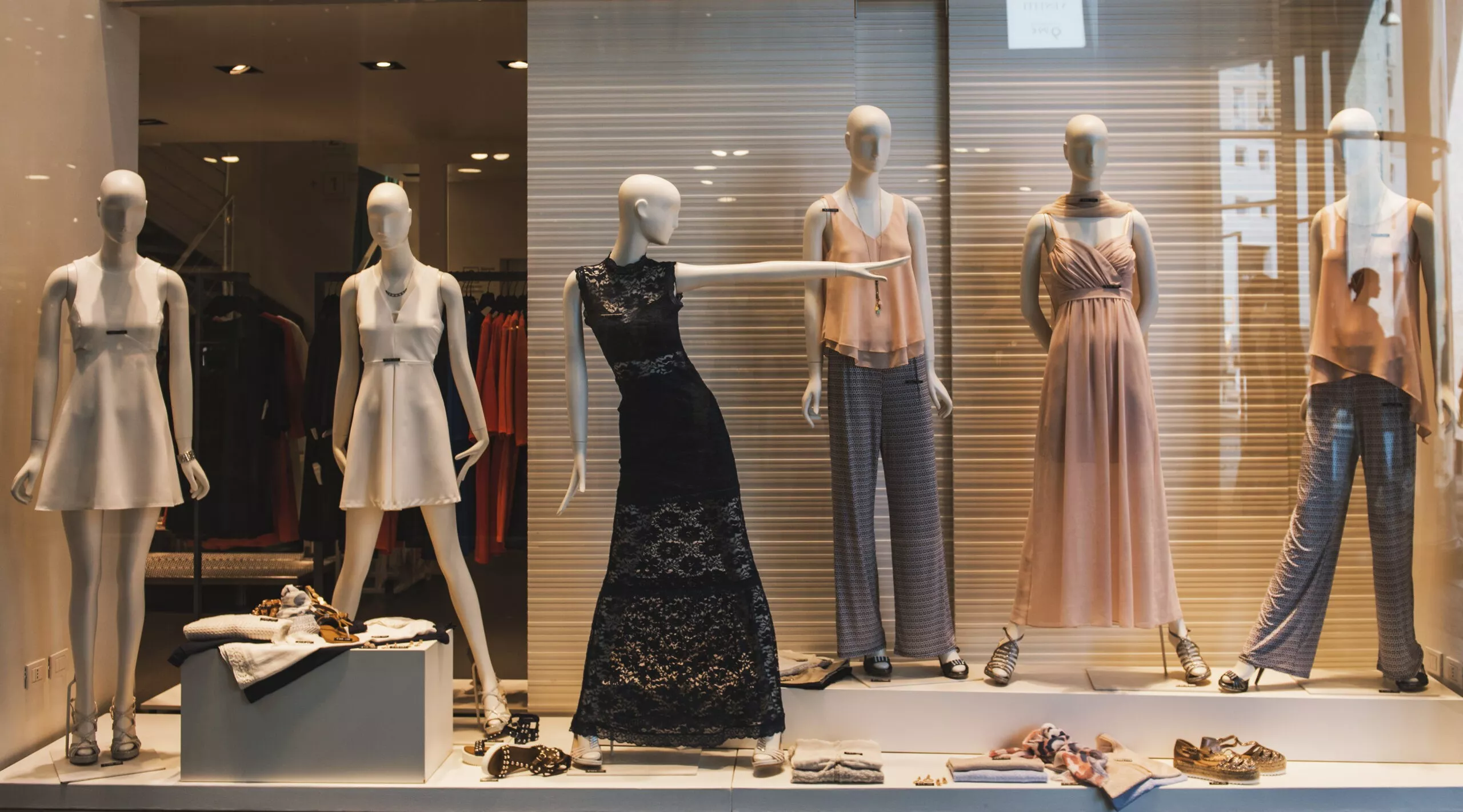How to Display Products in Stores: Retail Display Types & Techniques
First impressions are crucial in making a sale in retail. Your store needs to deliver the best visual representation of your products consistently.
For retailers, having effective displays is essential in their visual merchandising strategy. Retail displays, such as product or storefront displays, must provide visually-pleasing experiences that help establish a connection with shoppers.
In this article, you will learn the different retail display types, how to display products in your retail stores, how to leverage them, and the best strategies to create an appealing and aesthetic experience for your customers.
The Most Effective Types of Retail Displays
There are various retail display types you can utilize for your business.
1. Store window displays
Store window displays are an excellent way to get your products in front of potential customers. They are often used as promotional tools and can also encourage sales by showcasing the most popular items for sale in your store or a product recently added to the inventory.

The best store window displays are visually appealing and incorporate features that make people feel something when they look at them, whether that’s excitement, curiosity, or wonder.
2. Display cases
Display cases are useful for various purposes. They help showcase new products, highlight old favorites, and encourage impulse purchases. They are also effective promotional tools when offering samples or discounts in stores.

One way to leverage display cases is by showcasing seasonal items such as holiday decorations in December and Valentine’s Day treats in February. You can make retail displays more attractive with a fitting packaging design.
3. Gondola display units
Gondola display units can attract customers to your products. These units can encourage customers to purchase items other than what they must buy when they are strategically placed near checkout lanes or registers.

4. Point-of-Purchase (POP) displays
There are many types of POP displays, including shelf-style displays and hanging wall mounts. A shelf-style display hangs from the top edge of a shelf and has multiple tiers where you can place different items. Meanwhile, hanging wall mounts have various customization options, from swiveling shelves to open shelving.

5. Entryway displays
This type of display may be composed of products you want customers to see first when they walk through the door. Magazines, samples, or items with special offers such as instant redeemable coupons are placed here to draw attention to the products you want shoppers to notice immediately.

5 Retail Display Techniques to Help Drive Your Sales
There are factors to consider when choosing the most effective retail display types for your store. The following strategies will help streamline your selection process.
1. Make an impression with your window displays
Window displays can make a good initial impression and establish an emotional connection to customers at your store’s doorstep. When considering window displays, know your goals first. If you want customers to feel something when they see your window displays, perhaps use a theme that will evoke emotions.

2. Change displays according to your sales analysis
Address your customers’ changing needs and preferences to get the most out of your retail display.
When deciding how to best implement your retail display strategies, study your sales and ensure you’re designing displays that align with what your customers want. For instance, put up displays in areas where they are most visible so they are easy for customers to see and interact with.
3. Practice cross-merchandising
Cross-merchandising is when multiple products are displayed together to create a cohesive look. In a clothing store, shirts and jackets may be displayed together to express the message of layering pieces together.
While in a home goods store, candles and soap can be displayed together to show how certain scents match. Cross-merchandising helps customers discover how different items complement each other and encourages them to make more purchases faster.
4. Less is sometimes more
Having fewer products on display might be more valuable for your customers. The more options presented in an incohesive manner, the less likely they are to purchase any of those products.
Consider implementing retail display techniques such as product placement, design, and layout with omnichannel retail strategies to leverage your displays better.
5. Incorporate signage
Signage is one of the most recognizable retail display types. It aids customers in navigating through the store and contains information about products. Signages can be used to highlight new products, display items on sale, or inform customers about upcoming events such as promotions or contests.

Reeling People In
Creating well-structured retail displays will not only attract customers but also highlight your products’ best features. Coupled with strategic retail merchandising techniques, the practices mentioned can adequately prepare your business for success.
If you are eager to learn more about what your business needs, contact the experts from Meyers. The team will provide expert packaging solutions to help your retail displays stand out.

